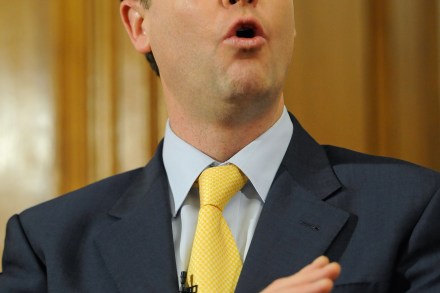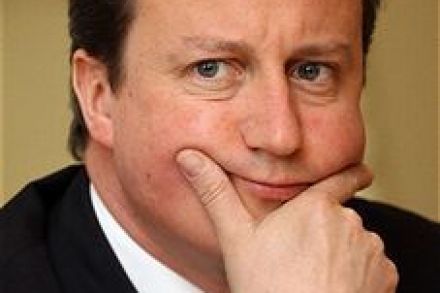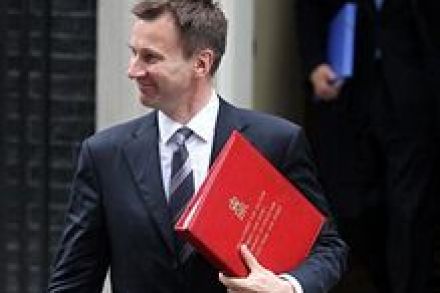Hunt flounders in very choppy water
Jeremy Hunt’s statement today confirmed that News Corps’ takeover bid for BSkyB was being referred to the Competition Commission. But the questions afterwards were dominated by Labour questions about Andy Coulson’s appointment. Hunt could not answer whether or not Coulson had been positively vetted. Nor, could he say when Cameron and Coulson last spoke. Indeed, Hunt initially claimed Cameron had not spoken to his former director of communications since Coulson stepped down, before quickly correcting himself. The Culture Secretary did do a decent job of sounding reasonable and bemoaning Labour’s tone. But without a proper line on Coulson, he was left floundering. There were two other things worth noting from















